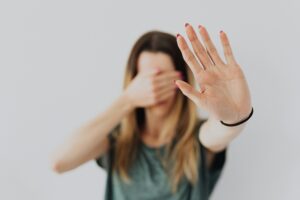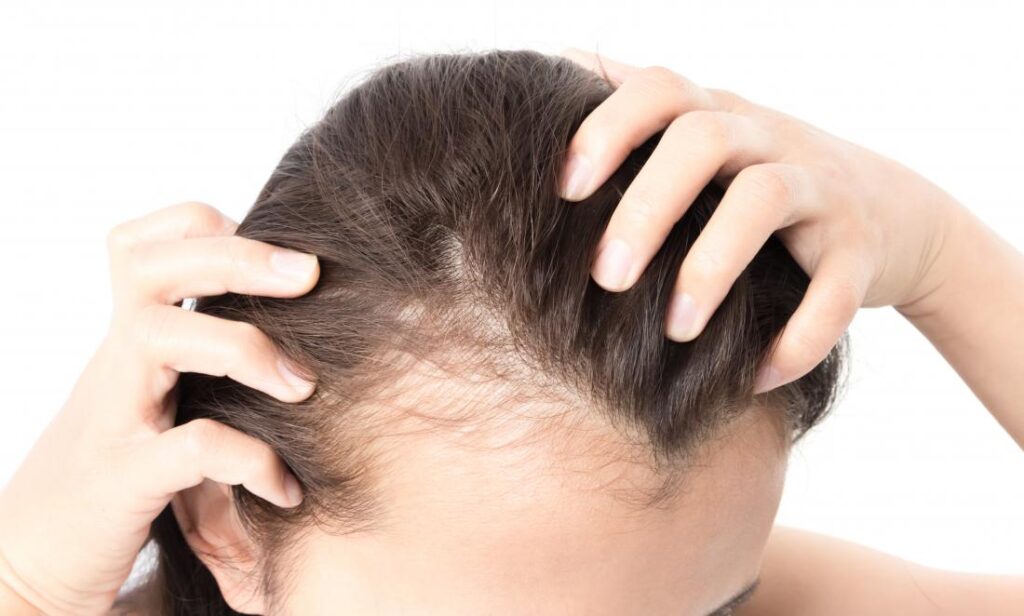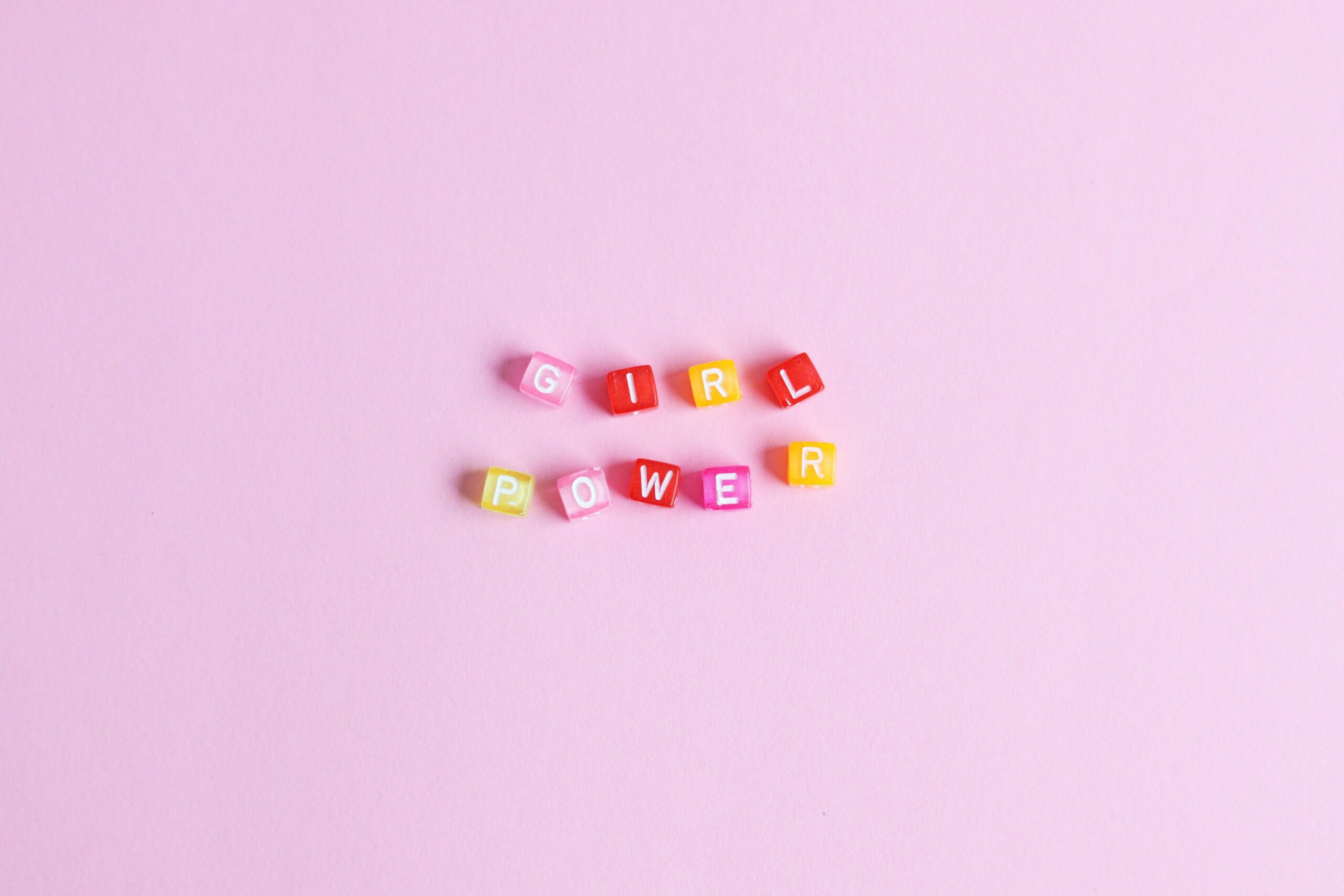For the majority of people, their hair serves as an extension of who they are. Hairstyles may convey a lot about our moods, whether it’s a sassy cut, a brilliant new color, or a messy top-bun. For this reason, hair that doesn’t behave the way you want it to is particularly frustrating. If your hair appears to be thinning although your brush is always full, you may question if this hair loss is normal. You aren’t the only one who has inquired about this.
Hair loss is a problem that affects many women, but many don’t know why or how to fix it. You can use hair products to help support thicker, stronger hair once you’ve learned about the elements that can affect hair health.
What causes hair loss?
Food and our surroundings can have as much of an effect on our bodies as our genetics, including hair. Usually, your hair’s health isn’t harmed for no cause. Changes in your lifestyle, nutrition, or environment may be to blame for your hair’s deterioration.
In part, this is due to the stress hormone cortisol’s effect on the hair-function follicles and cyclic control. To put it another way, excessive levels of cortisol inhibit the biochemical factors that promote hair development.
Many women notice hair shedding during menopause and the postpartum period because of hormonal shifts that affect hair health. When it comes to hair loss, it’s not uncommon for the thyroid hormone to play a role.
It’s well known that pollution is harmful to our health, but it’s less well known that pollution has a negative impact on our hair. Common air pollutants have been linked to a decrease in protein in hair follicle cells crucial for promoting hair growth, according to research published in 2019.
Styling and hair care products can cause irritation of the scalp that can lead to flaking and itching and even more serious side effects, including dandruff and alopecia areata. Your hair follicles are literally suffocated by the buildup around them, which inhibits their growth and prevents hair loss.
What can you do to fix it?
The first step in addressing any of these issues is figuring out which ones are the most pressing for you personally. As a next step, you can focus on changing your lifestyle, for example, by controlling stress through physical activity, talking to a therapist, or meditating. However, the use of some additional goods can aid in the process as well.
It has been shown that the use of specific hair products reduces stress-induced hair loss and thinning. Mostly, the Adaptogenicreishi and eleuthero root extracts are included in the mix to help the body cope with stress and maintain healthy levels of cortisol. It also contains vitamin C, vitamin B6, and iodine, all of which aid in the maintenance of hormonal balance.
This can be an upsetting, although transitory, experience when your hair begins to thin or fall out. To get healthier hair, it helps to know what triggers your hair loss, make the required adjustments, and use nourishing products. In no time, you’ll be on your way to luscious locks with the help of a few supplements and topical treatments!









